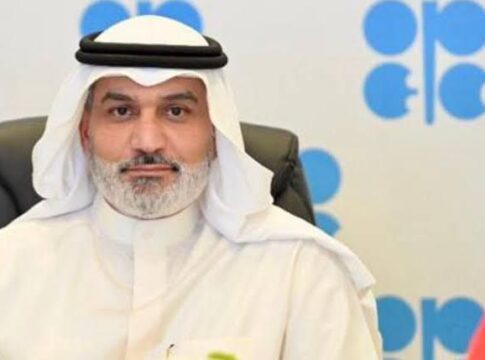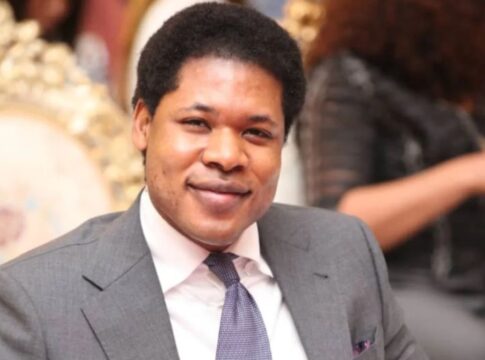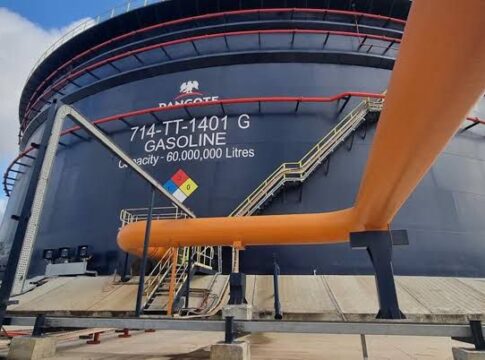The push for net-zero emissions by mid-century risks sidelining energy security and worsening energy poverty in developing nations, according to OPEC Secretary General Haitham Al Ghais. In a recent statement, Al Ghais labeled many net-zero policies as “unrealistic,” arguing they fail to account for the reliance on fossil fuels in global energy systems.
“Fossil fuels, including oil, gas, and coal, have consistently provided over 80% of global energy since the 1980s,” Al Ghais wrote in an article published on OPEC’s official website. “A blanket rejection of hydrocarbons disregards the energy needs of billions living in poverty, as highlighted by Sustainable Development Goal 7.”
Al Ghais also cited financial challenges to transitioning to renewable energy, referencing estimates from The Economist that show annual costs for achieving net-zero could range from $3 trillion to $12 trillion. He noted the material constraints of scaling up critical mineral production and the risks of undermining global energy security if investments in oil and gas were halted.
Energy Security at Risk
Global oil demand is projected to exceed 104 million barrels per day (mb/d) by 2025, according to OPEC data. Without continued investment in upstream oil operations, Al Ghais warned of a supply deficit of 23 mb/d by 2030. Such a shortfall, he argued, would disrupt key sectors like manufacturing, healthcare, and food production.
“The volatility resulting from halting oil investments would cripple economies,” Al Ghais cautioned. “Transportation, emergency services, and infrastructure would bear the brunt of this miscalculation.”
Additionally, the International Energy Agency (IEA) reported record-high global natural gas and coal consumption in 2024, with coal usage reaching 8.7 billion tonnes. Energy demand is forecast to rise 24% by 2050 as the global economy doubles in size and the population grows to 9.7 billion.
OPEC’s Position on Net-Zero
While OPEC supports net-zero ambitions, Al Ghais emphasized that the energy transition must balance environmental goals with economic realities. Leading OPEC members like Saudi Arabia and the UAE are expanding renewable energy capacity, but Al Ghais argued that fossil fuels remain indispensable for ensuring energy security during the transition.
“Net-zero policies should not exist in a vacuum,” he noted. “They must consider affordability, feasibility, and the energy realities of the developing world.”
What This Means for Nigeria
Nigeria has committed to achieving net-zero emissions by 2060. However, experts argue the target is unrealistic due to economic challenges, insufficient funding for renewable energy, and the absence of a detailed transition plan. Some stakeholders, including Petroleum Minister Heineken Lokpobiri, have advocated for maximizing Nigeria’s fossil fuel resources to address domestic energy needs.
“The government is prioritizing energy security for its citizens over global campaigns for rapid energy transition,” Lokpobiri stated.
The Africa Energy Chamber has echoed similar sentiments, urging African nations to determine their energy strategies independently of international green energy projections.
Understanding Net-Zero
Net-zero refers to balancing greenhouse gas emissions with their removal or offset through methods like carbon capture or reforestation. While developed economies push for aggressive timelines, OPEC insists that a balanced approach is necessary to ensure global energy security and reduce poverty.




